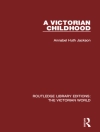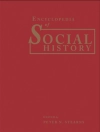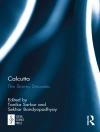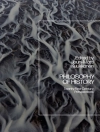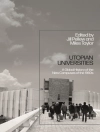This book examines the relationship between class and culture in 1930s Britain. Focusing on the reading and cinema-going tastes of the working classes, Robert James’ landmark study combines rigorous historical analysis with a close textual reading of visual and written sources to appraise the role of popular leisure in this fascinating decade.
Drawing on a wealth of original research, this lively and accessible book adds immeasurably to our knowledge of working-class leisure pursuits in this contentious period. It is a key intervention in the field, providing both an imaginative approach to the subject and an abundance of new material to analyse, thus making it an undergraduate and postgraduate ‘must-have’. It will be a particularly welcome addition for anyone interested in the fields of cultural and social history, as well as film, cultural and literary studies.
Содержание
Dedication
Acknowledgements
Contents
Introduction
1. ‘The people’s amusement’: The growth in cinema-going and reading habits
2. ‘Fouling civilisation’? official attitudes towards popular film and literature
3. Trade attitudes towards audience taste
4. Working-class tastes: national trends in film popularity
5. Working-class tastes: national trends in literature popularity
6. Working-class tastes: South Wales Miners’ Institutes
7. Working-class tastes: Derby
8. Working-class tastes: Portsmouth
9. Popular film and literature: textual analyses
Conclusion: ‘Giving the public what it wants’
Bibliography
Appendices:
I Broader patterns of film popularity
II Sidney Bernstein questionnaires, 1932 and 1934: Pre-report material
III Patterns of literature popularity
Index
Об авторе
Robert James is Senior Lecturer in Cultural and Social History at the University of Portsmouth


